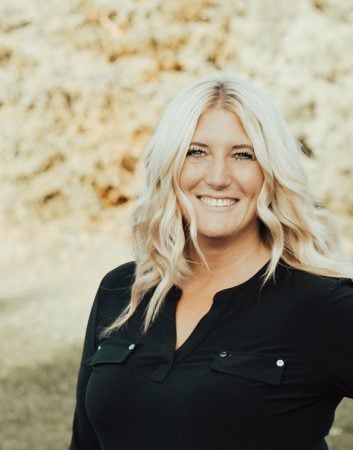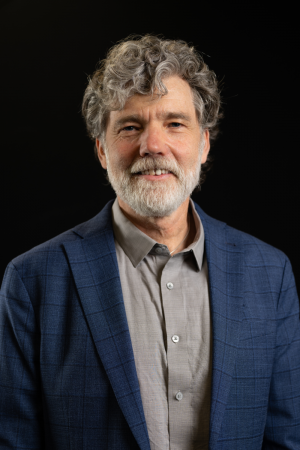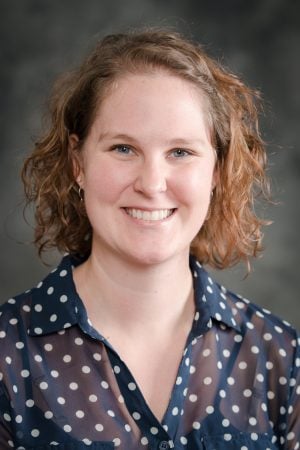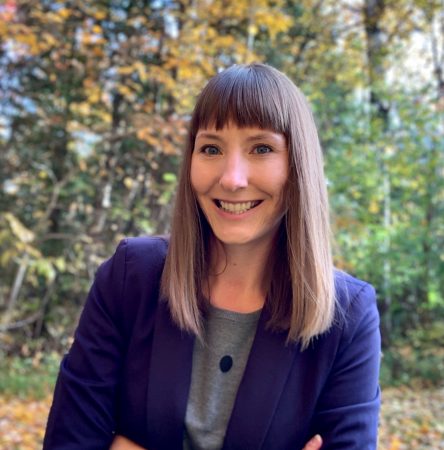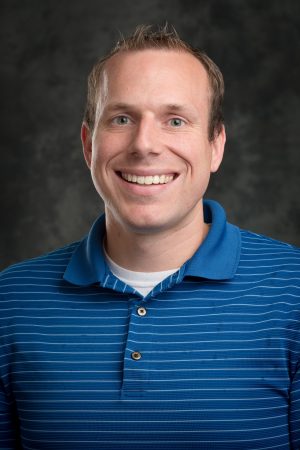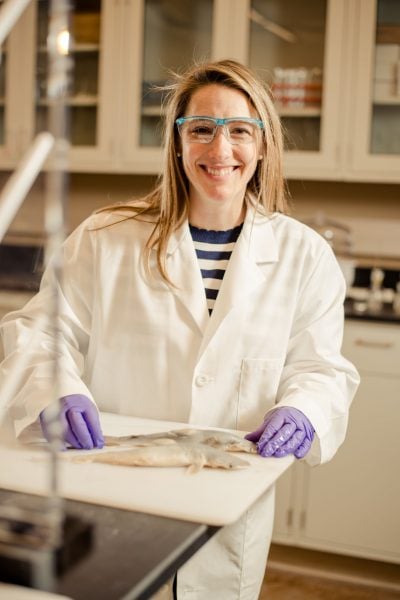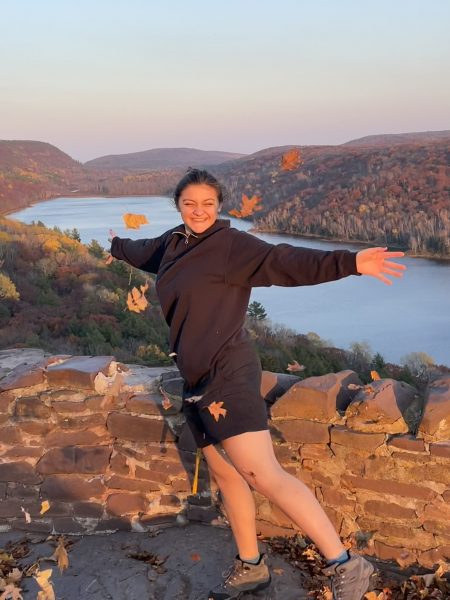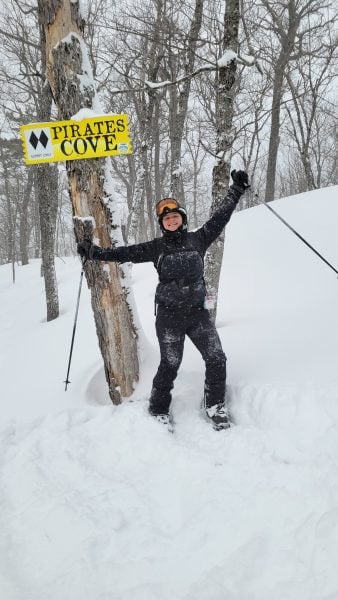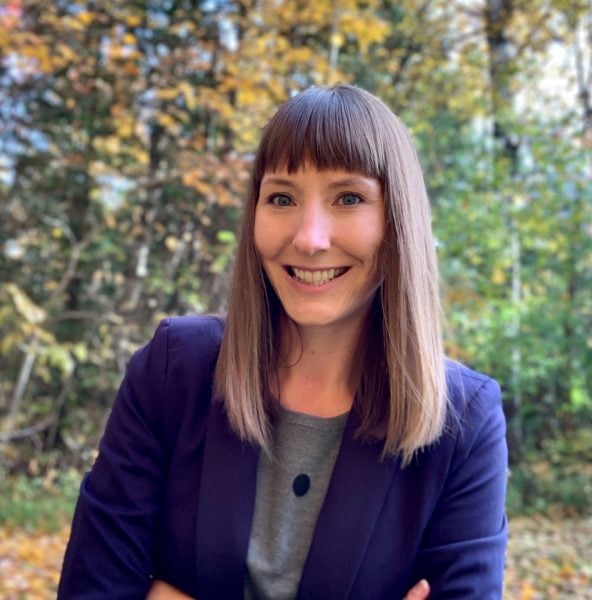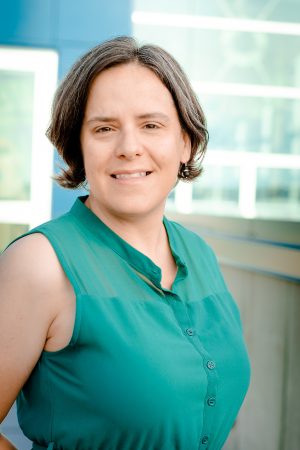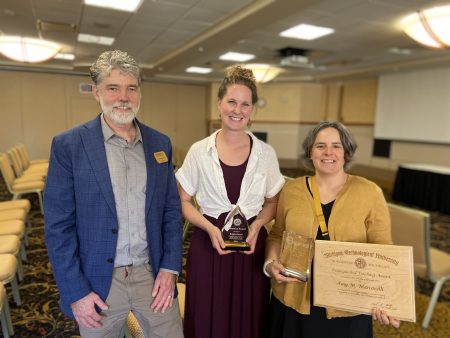Kemmy Taylor (BioSci/KIP), was selected as one of only 25 educators from across the United States to participate in the 2024 U.S. Army Educator Tour at Fort Stewart in Savannah, Georgia.
Taylor was nominated by the Milwaukee Army Healthcare Team for her willingness to go above and beyond sharing the programs and scholarships in health-related professions offered by the Army. She was chosen by the U.S. Army Recruiting Command in recognition of her demonstrated dedication and openness in ensuring current and future pre-med and pre-health students are aware of the Army’s health-related opportunities.
Fort Stewart is the home of the Army’s 3rd Infantry Division, 75th Ranger Regiment, and 160th Special Operations Aviation Regiment (SOAR). The medical professionals at the Winn Army Community Hospital and Hunter Army Airfield Clinic on base support all 4,000+ soldiers and their families.
During the tour, Kemmy will skydive with the Army’s premier parachute demonstration team, the Golden Knights, as well as attend various exhibits hosted by each of the units on base and tour both the community hospital and clinic. Most importantly, Taylor will get to work with and witness firsthand the soldiers and families supported by Army Medicine.
By sharing information about the Army’s programs and scholarships, Taylor is directly developing future medical professionals who will be providing care for soldiers. The tour will also provide opportunities to network with other university representatives and showcase Michigan Technological University’s dedication to supporting the health and welfare of our troops.
About the Biological Sciences Department
Biological scientists at Michigan Technological University help students apply academic concepts to real-world issues: improving healthcare, conserving biodiversity, advancing agriculture, and unlocking the secrets of evolution and genetics. The Biological Sciences Department offers seven undergraduate degrees and three graduate degrees. Supercharge your biology skills to meet the demands of a technology-driven society at a flagship public research university powered by science, technology, engineering, and math. Graduate with the theoretical knowledge and practical experience needed to solve real-world problems and succeed in academia, research, and tomorrow’s high-tech business landscape.
Questions? Contact us at biology@mtu.edu. Follow us on Facebook and Instagram for the latest happenings.
